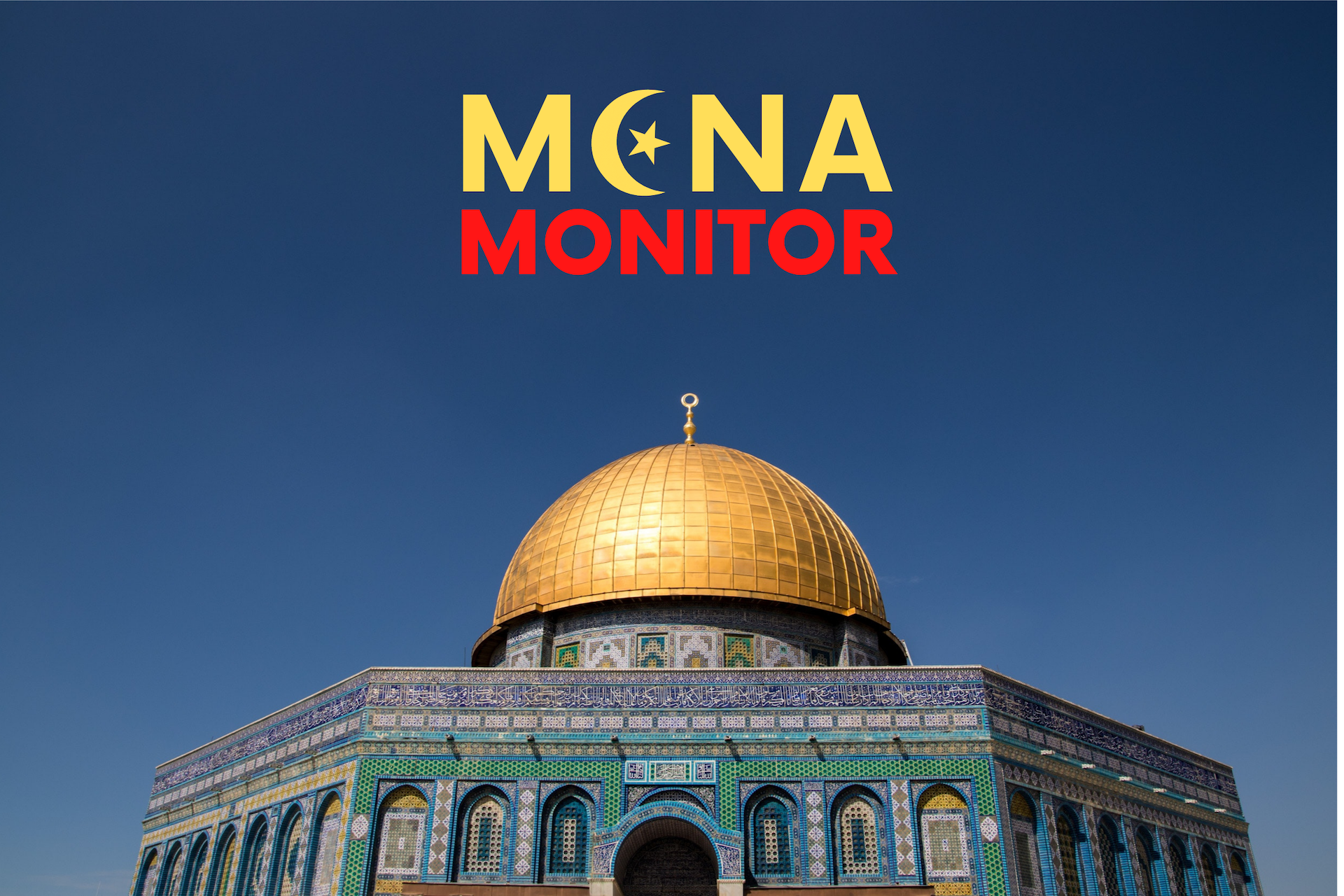PROGRAMS / MENA Monitor
MENA Monitor focuses on the Middle East and North Africa region, analyzing the most important events happening in the area stretching from Morocco to Iran, their consequences for neighboring countries and their impact on the world’s situation.

MENA Monitor analyzes concern, among others:
- Current economic and political situation in the Middle East and North Africa
- Conflicts and peace processes in the region
- Saudi-Iranian rivalry
- Socio-economic changes in the Gulf States
- Activities of terrorist organizations and other non-state actors
- Israeli-Palestinian relations
- The impact of events in the region on world oil markets
- Middle East and North African migration routes
- Activities of global powers in the MENA area
For millennia, the Middle East has been one of the most important geopolitical regions in the world. It was here that the first civilizations and empires were born, the area is also the cradle of countless religions, primarily Judaism, Christianity and Islam. Today, they have over 4 billion followers – more than half of the world’s population believes in the divine importance of the region. It has always been in a strategic position at the meeting point of Europe, Asia and Africa, it has been the arena of hundreds of wars and competition for influence. Trade routes, ambitions and interests of the major powers of each era intersect here, and the 20th century also brought the discovery of huge crude oil deposits – both the blessing and the curse of the region – which further increased its importance in the global game. From ancient Egypt, Persia and Rome to European colonial powers, the US, the USSR and finally China – all have sought, will and will strive to control the Middle East and strengthen their influence here.
However, the Middle East is not merely a strategic point on the world map. It is also primarily a home for millions of people whose lives go on in the shadow of the eternal rivalry between the world and regional powers. It is they who are its most frequent victim, played for the particular interests of local autocrats and foreign players. For this reason, the last century has been marked by an increase in internal instability, characterized by successive revolutions, coups d’état, acts of terror, civil wars, weakening of central authorities and growing tribal antagonisms or religious fundamentalism. This results in a poor economic situation in the region, which in itself drives social unrest and creates a kind of vicious circle from which only a few managed to break free.
Today, the Middle East and closely related to it North Africa (MENA) constitute a real political, ethnic, cultural and religious mosaic. The 21st century with its technological development, information flow and progressing globalization, has further transformed this region where modernity mixes with tradition on every corner. It is often difficult for an external observer to understand this specificity. Subsequent events in the world, activities of decision-makers, migrations and climate change are constantly shifting the geopolitical picture of the Middle East and North Africa, affecting also the situation in Poland and Europe. Understanding the processes that take place there, their causes and potential consequences, may therefore be crucial to adopt appropriate solutions.
The mission of MENA Monitor is to provide an analytical insight into this unusual region that is crucial for the global balance of power in order to understand and explain the phenomena occurring here. Its thematic scope covers the area stretching from Morocco to Iran and neighboring countries, touching both the domestic situation of the region’s states and their international relations, as well as their impact on Poland and Europe.














